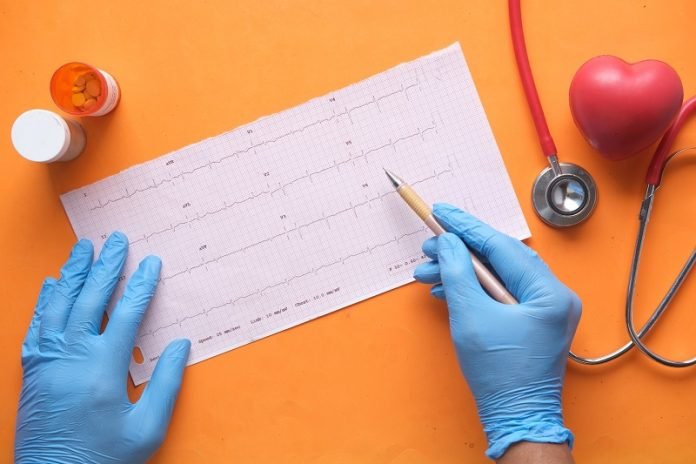
You’ve probably heard that heart disease is a big deal for everyone, but did you know it could be an even bigger deal for women?
A new study just shared some eye-opening news: women are more than twice as likely to have serious problems or even die after a heart attack compared to men.
Let’s break down what this study found, why it matters, and what can be done about it.
The Heart of the Matter
The study looked at 884 people who had a specific type of heart attack and got a standard treatment within 48 hours. Of those people, about one in four were women.
Even when the researchers took into account other health issues like diabetes and high blood pressure, women still had a much higher risk of dying or having other bad heart-related events.
Here’s what the numbers say:
- Within a month of the heart attack, almost 12% of women died, while less than 5% of men did.
- Fast forward to five years, and about one-third of women had passed away, compared to about 17% of men.
Now, here’s something to think about: The women in the study were generally older than the men and had other health problems more often, like high blood pressure and diabetes.
But even when the study matched men and women who were similar in age and health issues, the women still had worse results.
Why the Differences, and What Can We Do?
You might wonder why there’s such a difference between men and women when it comes to heart attack outcomes. The study didn’t go into the exact reasons, but it did hint that different symptoms and even our genes might play a role.
For instance, women often have less obvious heart attack symptoms, which might delay getting the help they need. And get this: younger women (55 and under) waited longer for treatment after reaching the hospital than men of the same age group.
What can we do about all this? Well, it’s a red flag for doctors and other healthcare providers. They need to know that women are at higher risk so they can monitor them more closely after a heart attack.
This means keeping a closer eye on things like blood pressure, sugar levels, and cholesterol. Also, given that smoking rates are going up among young women, there’s a clear need to talk more about quitting smoking, getting active, and living a healthier lifestyle.
In a Nutshell
Heart disease has long been known as a leading killer for both men and women. But this study highlights that women face an even steeper uphill battle.
The findings should act as a loud call to action for everyone: doctors, nurses, policymakers, and of course, all of us. Because the first step to fixing a problem is knowing it exists.
So, women, take note. If you’re concerned about heart disease or have risk factors like high blood pressure or diabetes, don’t wait. Talk to your healthcare provider about steps you can take to protect your heart.
And everyone, men included, should know the signs of a heart attack and what to do if it happens. Quick action can make all the difference, and as this study shows, that difference can be even more critical for women.
If you care about heart disease, please read studies about Night-time use of this drug may increase heart damage risk and findings of Common pain relief drug may increase heart disease risk.
For more information about nutrition, please see recent studies that magnets in common popular devices could harm your heart health, and results showing Vitamin K2 could help reduce heart disease risk.
Follow us on Twitter for more articles about this topic.
Copyright © 2023 Knowridge Science Report. All rights reserved.



